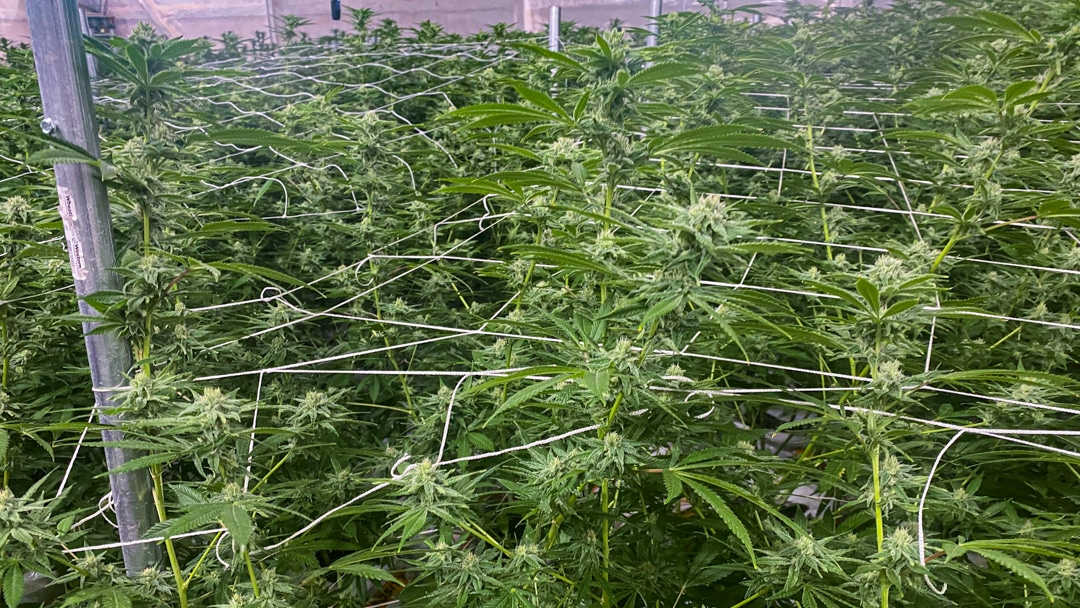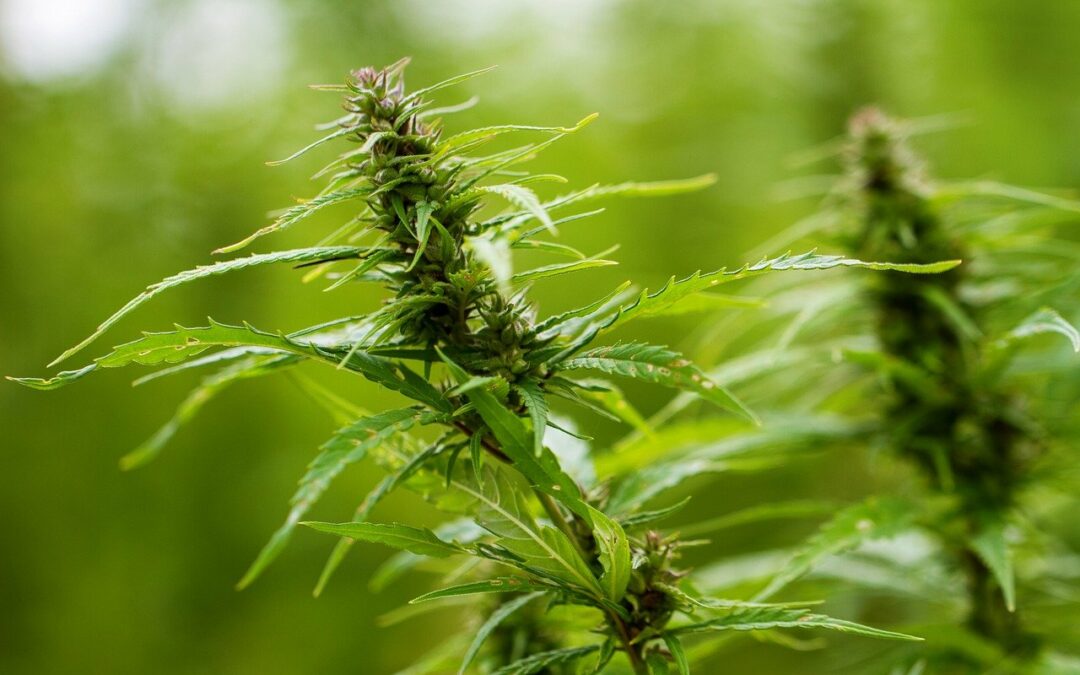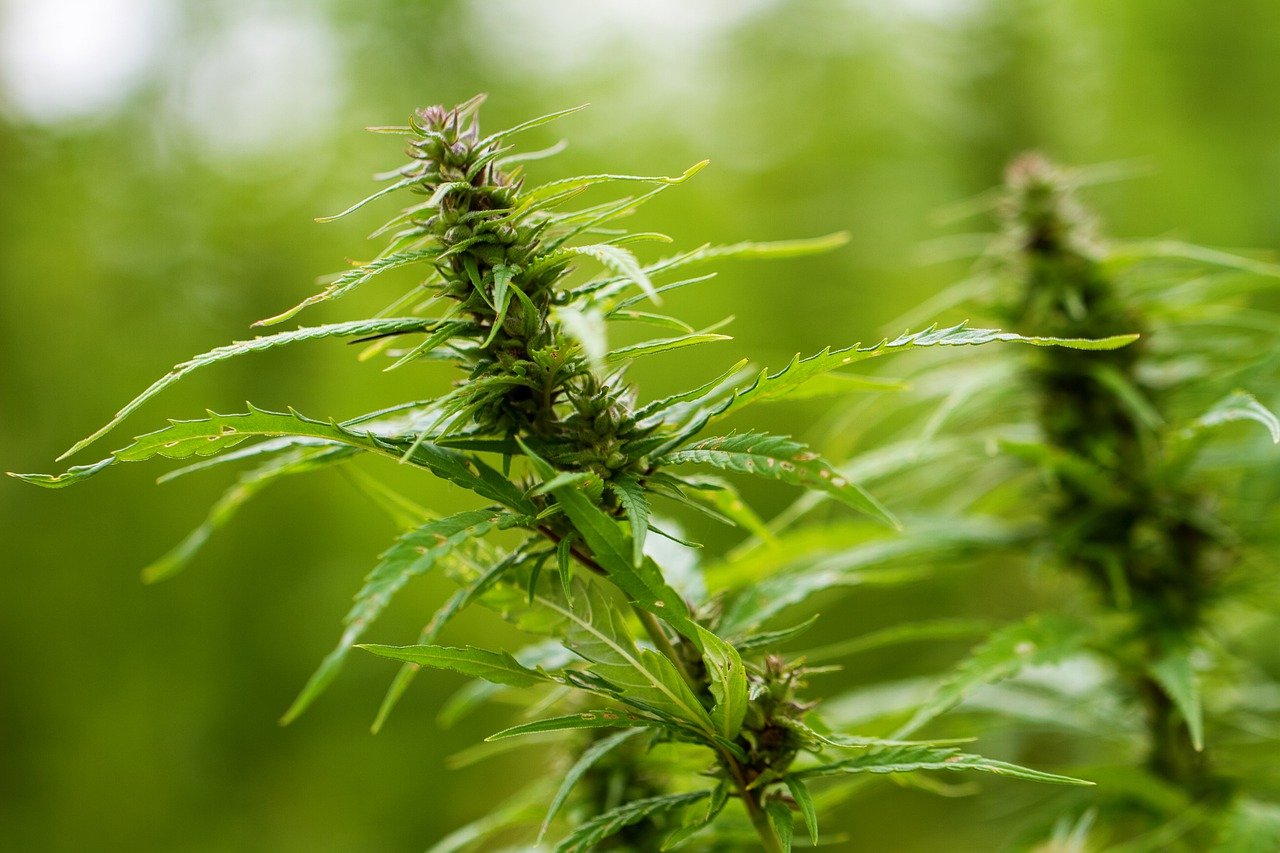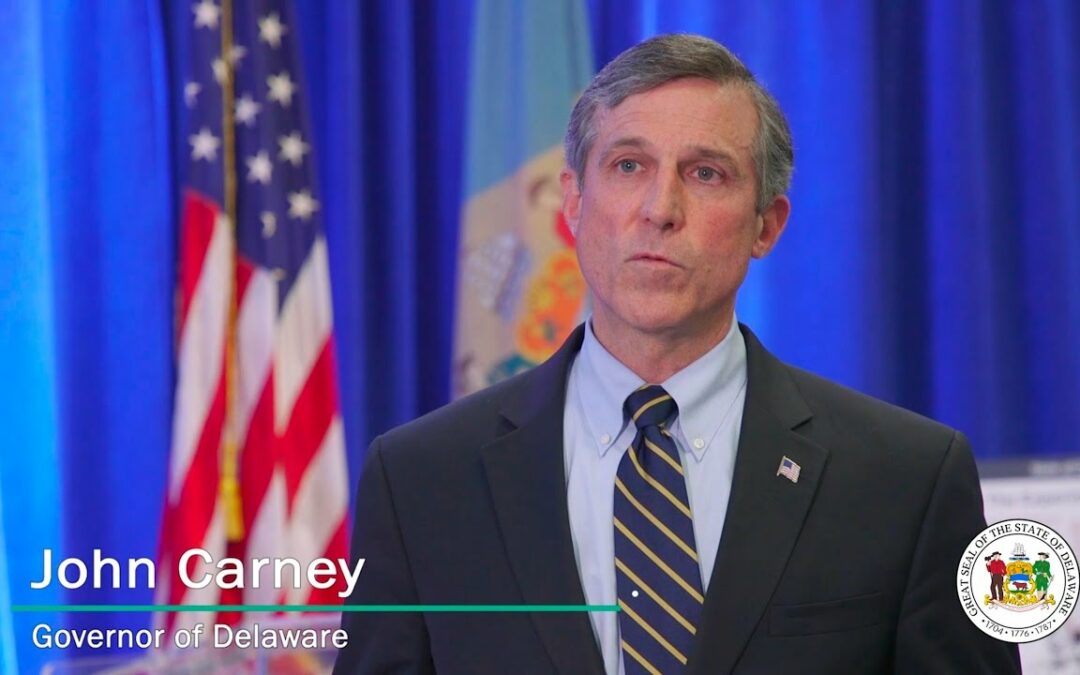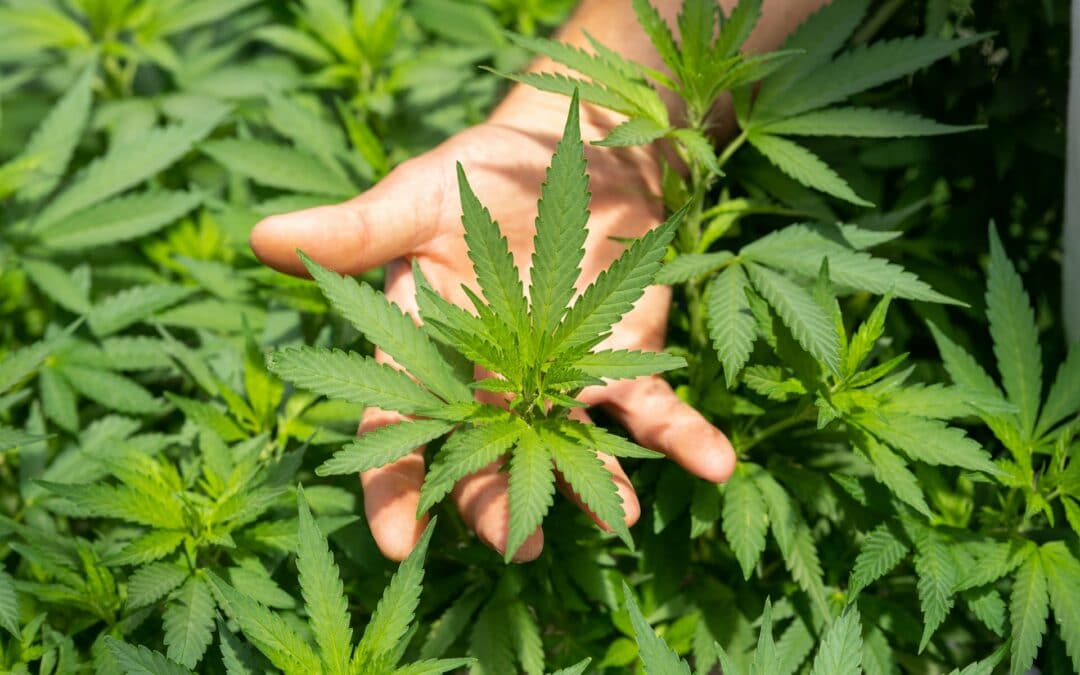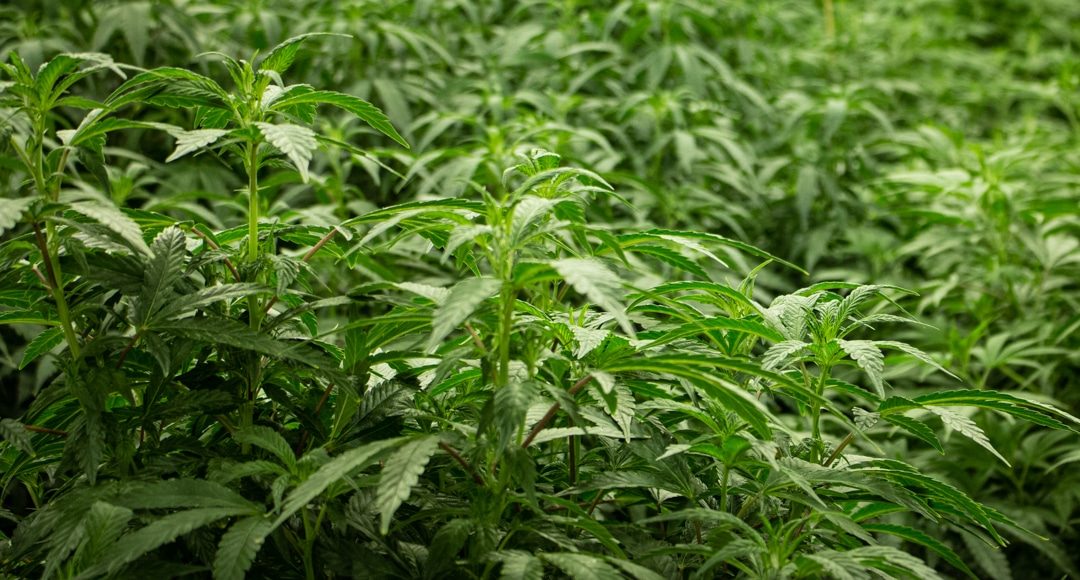
North Carolina Medical Cannabis Bill Passes Senate

A North Carolina medical cannabis bill was passed by the state Senate last week following its clearing of a key Senate committee just one day prior. The legislation passed the full chamber with a 35-10 vote.
Sponsor of the bill, Sen. Bill Rabon (R) is hopeful that the bill will help those seeking relief toward the end of their life.
“This bill is going to, in my opinion, help a lot of people at the end of their life at a time that they need some compassion,” Rabon said on the floor ahead of the vote.
Rabon is a cancer survivor himself. He believes that medical cannabis can help people “at a time that what few days, or what little time they have left, should be as comfortable and as easy as they can be.”
“I think it is our duty as lawmakers to pass legislation that helps people who need our help,” Rabon said.
However the medical cannabis bill is not in the clear yet. It still must pass through one final vote on the third reading of the bill. If it passes again it will then move on to the House of Representatives.
The NC Compassionate Care Act in its current state would enact a highly restricted medical cannabis program. Those that qualify for the program must have a condition such as cancer, epilepsy, HIV/AIDS, Parkinson’s, multiple sclerosis and PTSD to be eligible.
Patients would be permitted to possess up to one and half ounces of cannabis, but home growing would not be allowed. Edibles or “cannabis-infused” products would be allowed in various forms, and smoking and vaping would be permitted.
However the consumption method must be prescribed by a doctor for specific delivery and dosages. Patient eligibility would be reconsidered on an annual basis.
The bill would permit just 10 medical cannabis suppliers who would control the cultivation and sale of cannabis. Each operator would be permitted four dispensaries for 40 total across the state.
Under the current revision, a Compassionate Use Advisory Board would be established. This board would have the ability to add more qualifying conditions for the program that could make access easier for more patients in the future.
Additionally a Medical Cannabis Production Commission would be created to ensure that supply does not run out for patients. The Commission would also oversee licensing and generate revenue to regulate the medical cannabis program.
Lastly the bill will provide protections for patients. Employees and agents of the state would be required to treat possession of cannabis for qualified patients the same as any other prescribed controlled substance.
There are still additional amendments under consideration that may impact the third reading of the bill. Over 80% of North Carolina voters support medical cannabis, with 60% supporting full recreational legalization.

